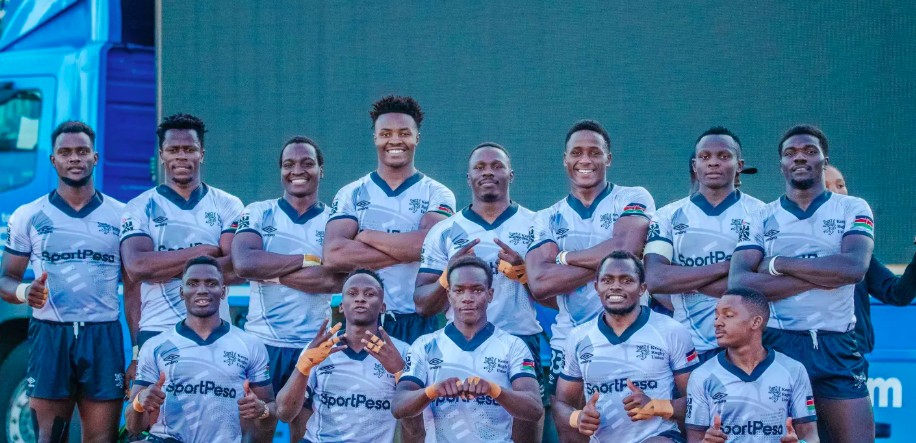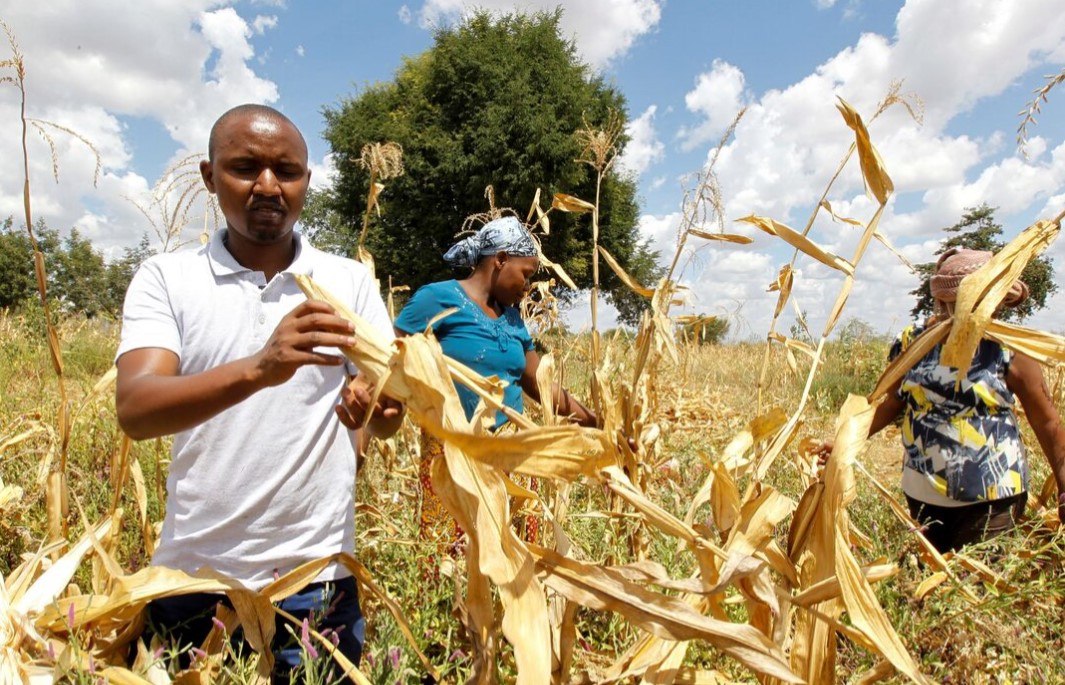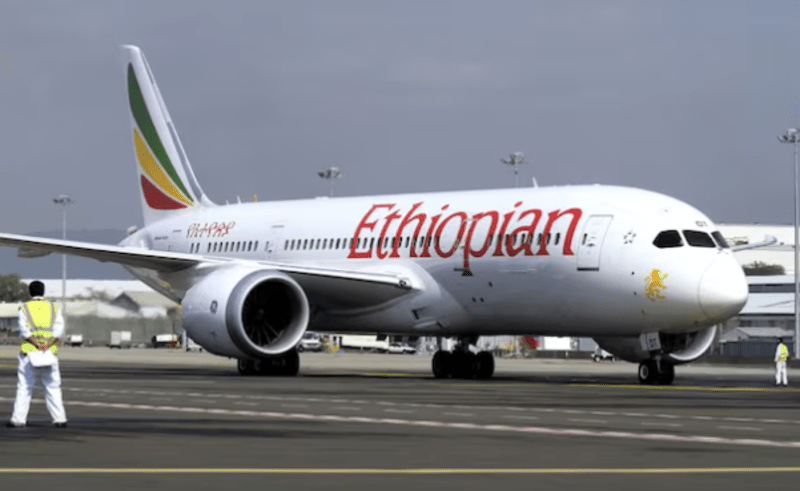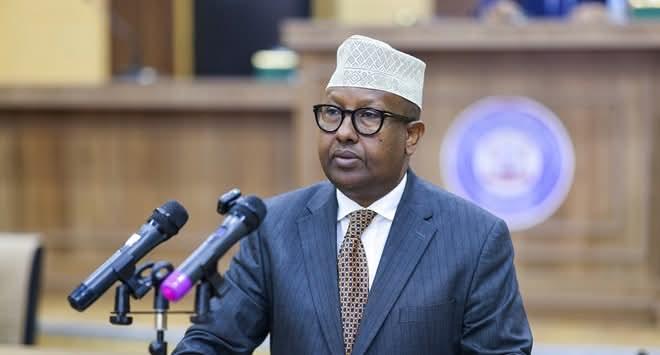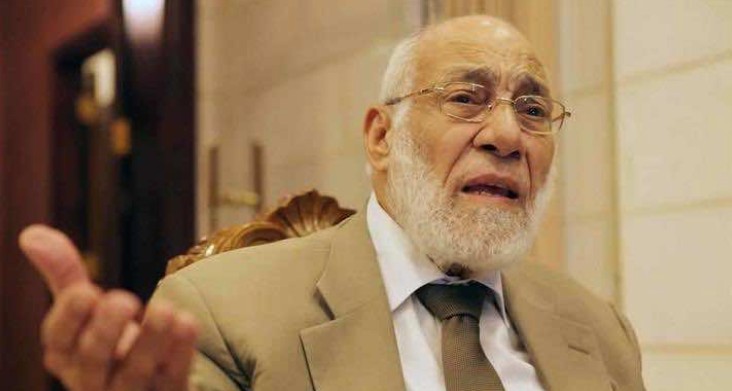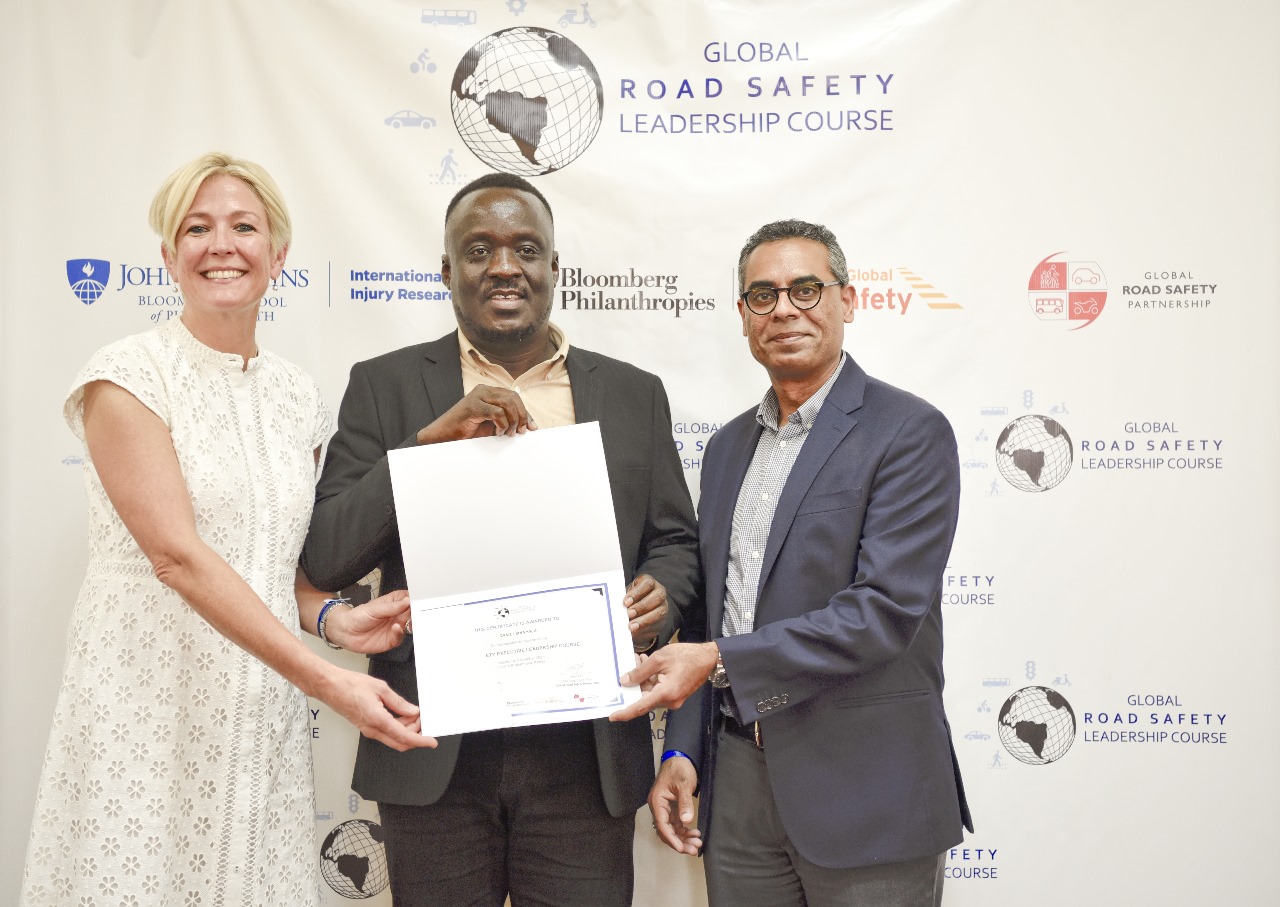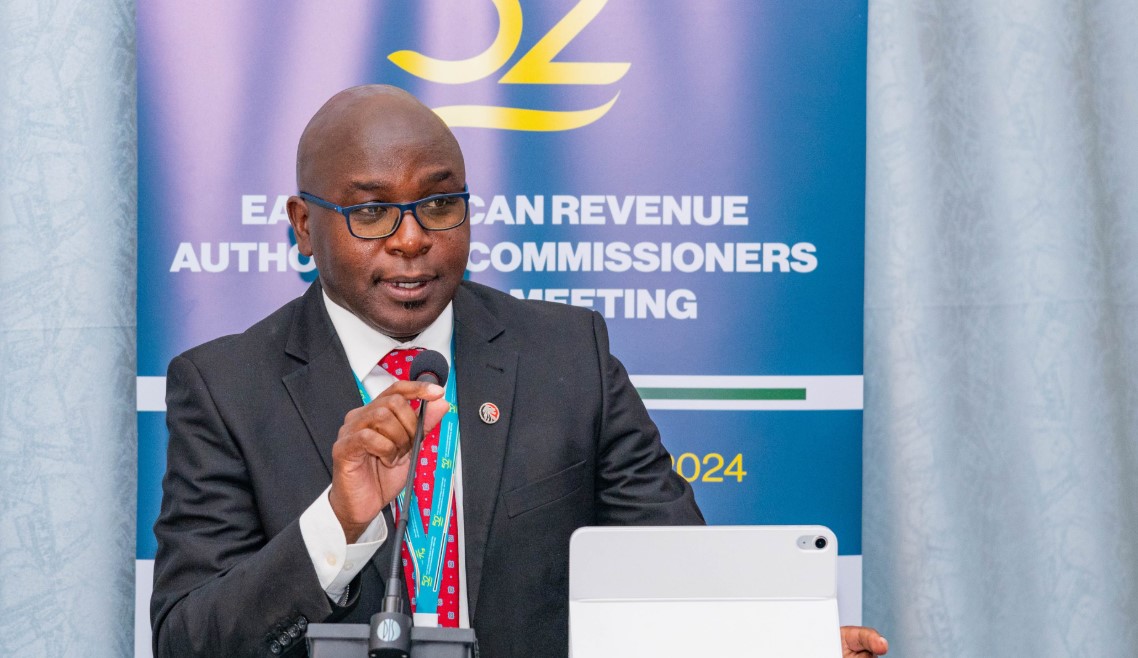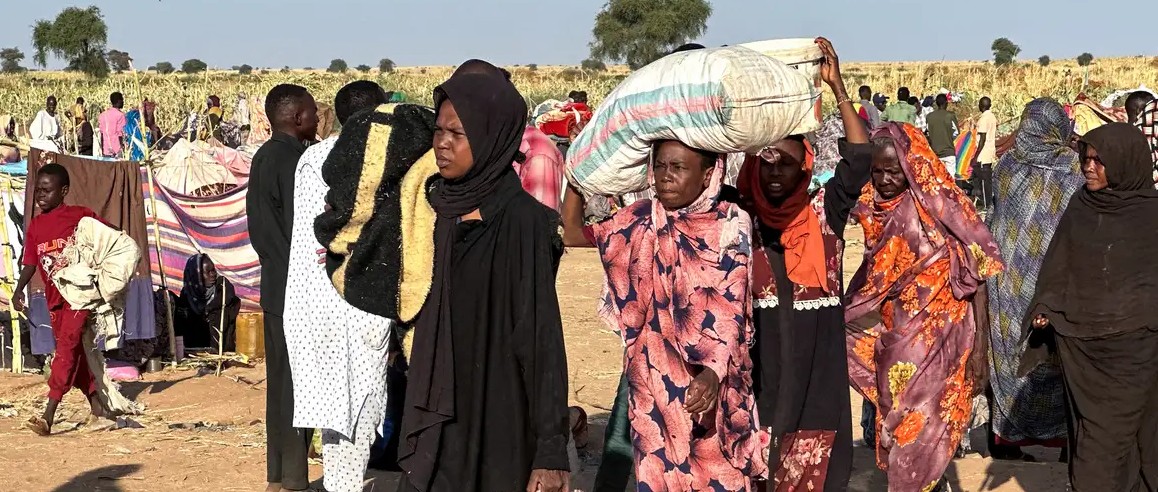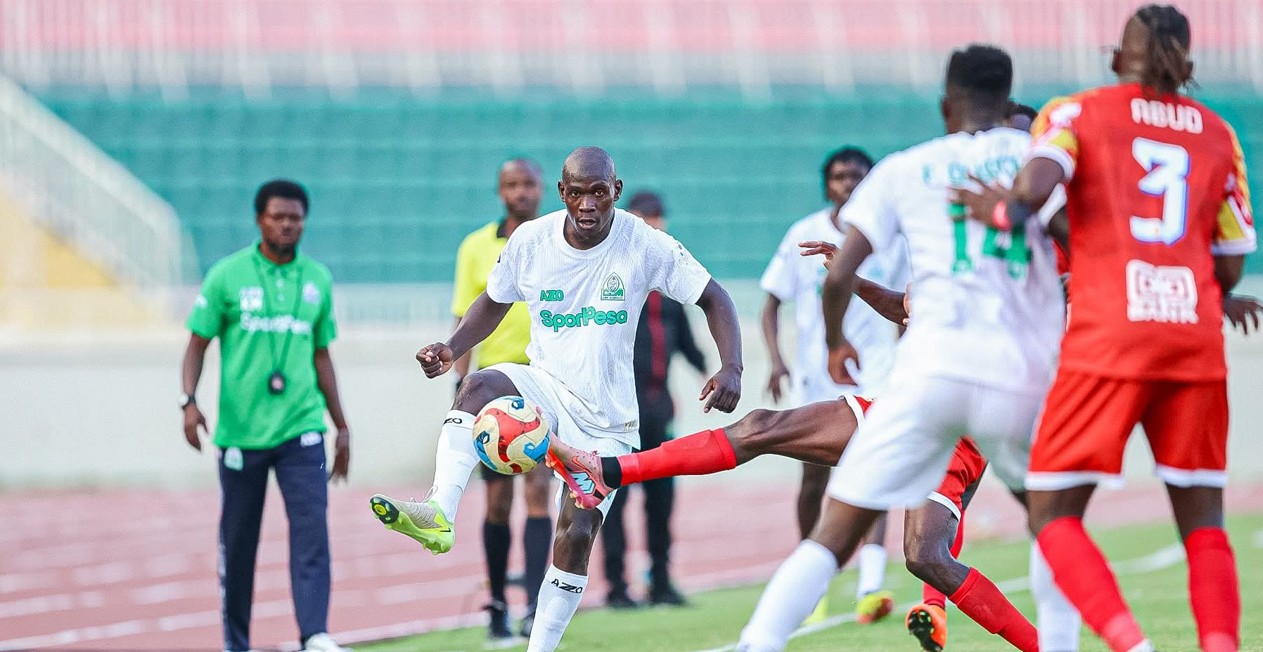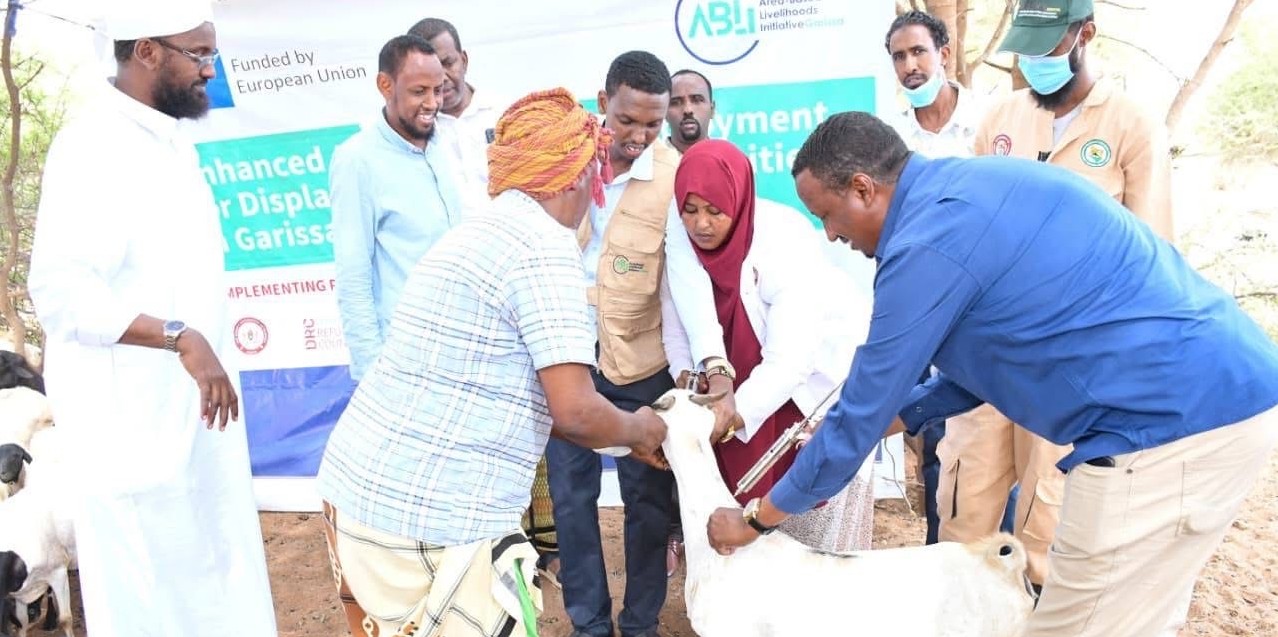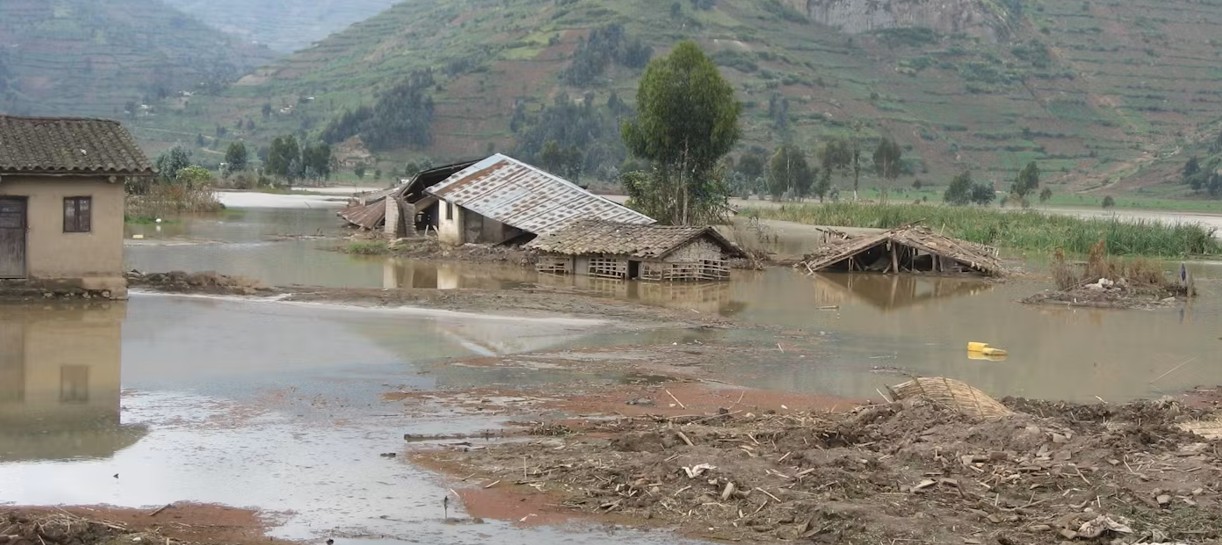Gaza: Polio vaccination campaign moves to southern areas
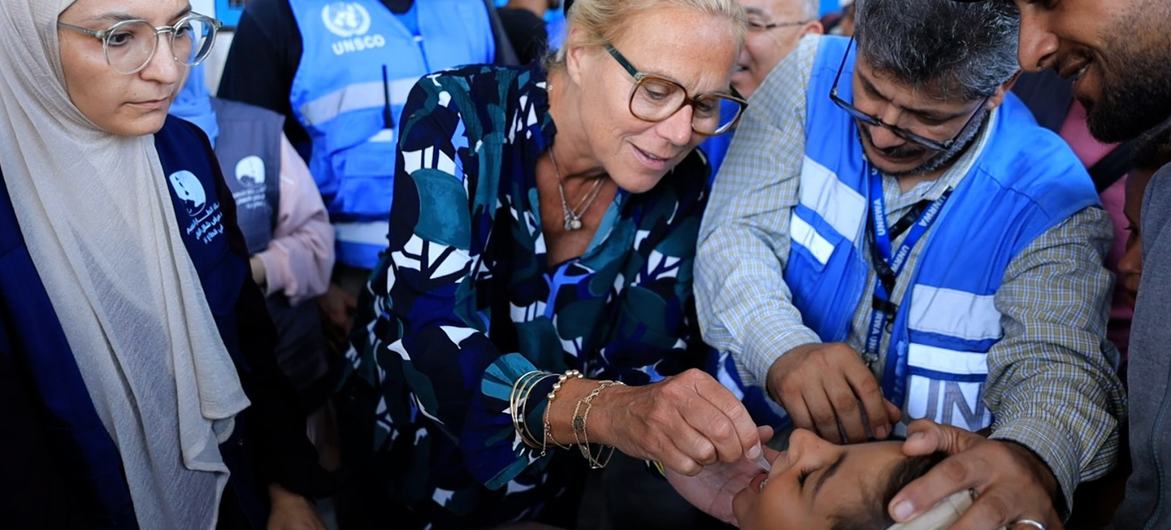
Vaccinations will continue over the next few days at four large health facilities to ensure no child is missed in the area.
The second phase of a two-round campaign to vaccinate over half a million young children in Gaza against polio began in Khan Younis on Thursday, the UN agency that assists Palestine refugees, UNRWA, said in a post on the social media platform X, formerly Twitter.
The campaign moved to southern areas of the Gaza Strip following the successful completion of the first phase in the centre of the enclave, thanks largely to pauses in the fighting.
More To Read
- Conflict, displacement fuelling measles outbreaks across the continent - Africa CDC
- Crimes against children in conflict surge to worst-ever level in 2024 - report
- In a quiet community on Doha’s edge, Gaza’s wounded and orphaned learn to heal
- Kenyan Muslims plant 10,000 trees at Uhuru Park in solidarity with Palestine
- ICJ tells Israel to let UN aid flow into Gaza – but UN’s own failures throughout the war loom large
- UN report accuses over 60 governments of enabling Gaza genocide through arms and trade ties
UNRWA along with partners provided the first dose of polio vaccine to children under 10 years old at the Japanese Health Centre in the devastated city of Khan Younis.
One mother said she rushed to get her children vaccinated "since I am scared that polio will spread due to the sewers and the lack of hygiene, especially with the absence of cleaning products."
Top humanitarian takes part
The UN Senior Humanitarian and Reconstruction Coordinator for Gaza, Sigrid Kaag, was at the Japanese clinic and took part in administering vaccines to several children as a symbolic gesture to highlight the importance of the campaign.
“You see people proud to be here, protecting their children, giving the vaccinations. And at the end of the day, it shows when there is political will, a lot is possible on the humanitarian front. That's what we need. This is a prime-time example of that," she said.
Over the next four days, health workers will target an estimated 340,000 children, in southern Gaza. Some 517 teams will be deployed, including 384 mobile teams, according to the World Health Organization (WHO).
A third and final phase will be implemented in northern Gaza from 9 to 11 September, targeting around 150,000 boys and girls.
An urgent response
The overall campaign aims to provide two drops of the novel oral polio vaccine type 2 to more than 640,000 children under the age of 10 during each round.
It is part of an urgent response to prevent the spread of polio, which has resurfaced in Gaza after 25 years following the detection of circulating variant poliovirus type 2 (cVDPV2) in six environmental samples collected from the central area of the Strip in June.
The campaign is being conducted by the Palestinian Ministry of Health in collaboration with WHO, UNRWA, the UN Children’s Fund (UNICEF), and other humanitarian partners.
https://www.youtube.com/watch?v=aJ1Sx8qxEqI
Humanitarian pause respected
During the first phase, from 1 to 3 September, health workers reached over 187,000 youngsters in central Gaza, exceeding the initial estimated target of 157,000.
Vaccinations will continue over the next few days at four large health facilities to ensure no child is missed in the area.
“It has been extremely encouraging to see thousands of children being able to access polio vaccines, with the support of their resilient families and courageous health workers, despite the deplorable conditions they have braved over the last 11 months.
Other Topics To Read
“All parties respected the humanitarian pause and we hope to see this positive momentum continue,” said Dr Richard Peeperkorn, WHO Representative for the occupied Palestinian territory.
Reaching families where they are
The first phase of the campaign was conducted by 513 teams, consisting of over 2,180 health and community outreach workers.
Vaccination was provided at 143 fixed sites, including hospitals, medical points, primary care centres, camps where displaced people are living, key public gathering spaces such as temporary learning spaces, food and water distribution points, and transit routes leading from the centre towards northern and southern Gaza.
Mobile teams also visited tents and hard to-reach areas to access families unable to visit fixed sites.
WHO said the presence of a substantial number of children eligible for vaccination who were unable to reach vaccination sites due to insecurity, necessitated special missions to three areas - Al-Maghazi, Al-Bureij and Al-Mussader – just outside of the agreed zone for the humanitarian pause.
Top Stories Today

